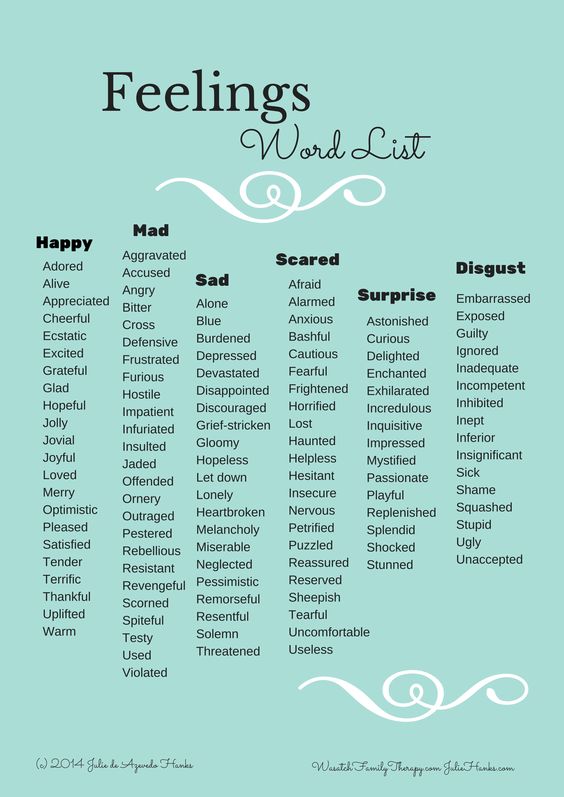

Some have referred to it as a ‘hidden epidemic’. His studies suggested that up to 12 per cent of the population he researched met the criteria for languishing. The term was first coined by sociologist Corey Keyes in 2002. But languishing is not just a byproduct of the pandemic. Lives are on hold, there has been unimaginable human suffering across the globe, and hopes and plans have been upended. It’s understandable for people to be experiencing this prolonged feeling of emptiness and lack of direction. But is this not the state in which we exist most of our lives? The hype around our collective languishing has come about, mostly, as a result of the pandemic and the enforced purgatory it has led to. Languishing is presented as the middle ground the unspecified bit in between being depressed, and thriving.

Equally as bad as not being able to describe a feeling, is to fall into deep introspection about every possible feeling, especially when it is arguably an entirely normal experience. There’s even a quiz to answer the question: ‘Are you Flourishing?’ Despite the revelatory tone of the discourse surrounding languishing, there’s nothing new about it, and I’d be careful to add yet another word to the burgeoning mental health glossary. Now there are many pieces advising on: ‘How to tell you’re languishing and what to do about it’. NY Times calls this the ‘middle child of mental health’ which can ‘dull your motivation and focus’. Google the term, and it is defined as ‘failing to make progress or be successful’. An article in The New York Times recently proclaimed (rather proudly) that the elusive ‘meh’ feeling known by all, can now be formally known as ‘languishing’.


 0 kommentar(er)
0 kommentar(er)
